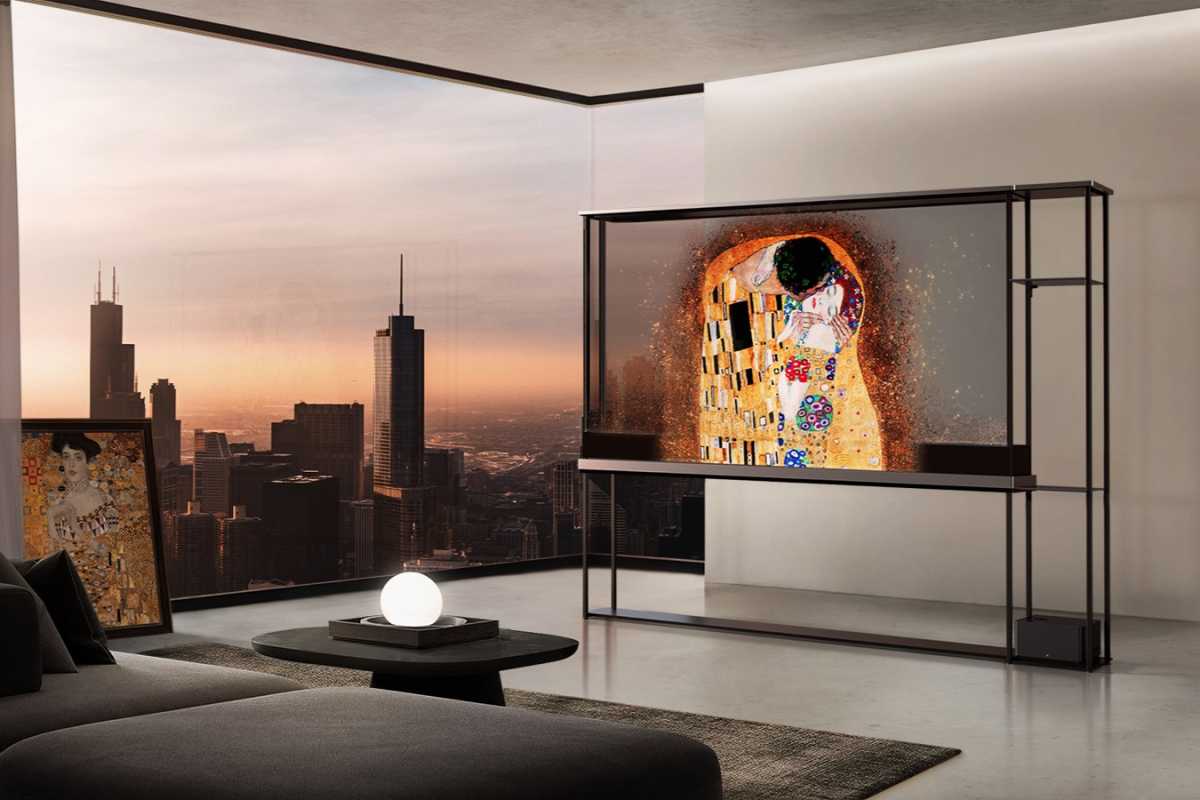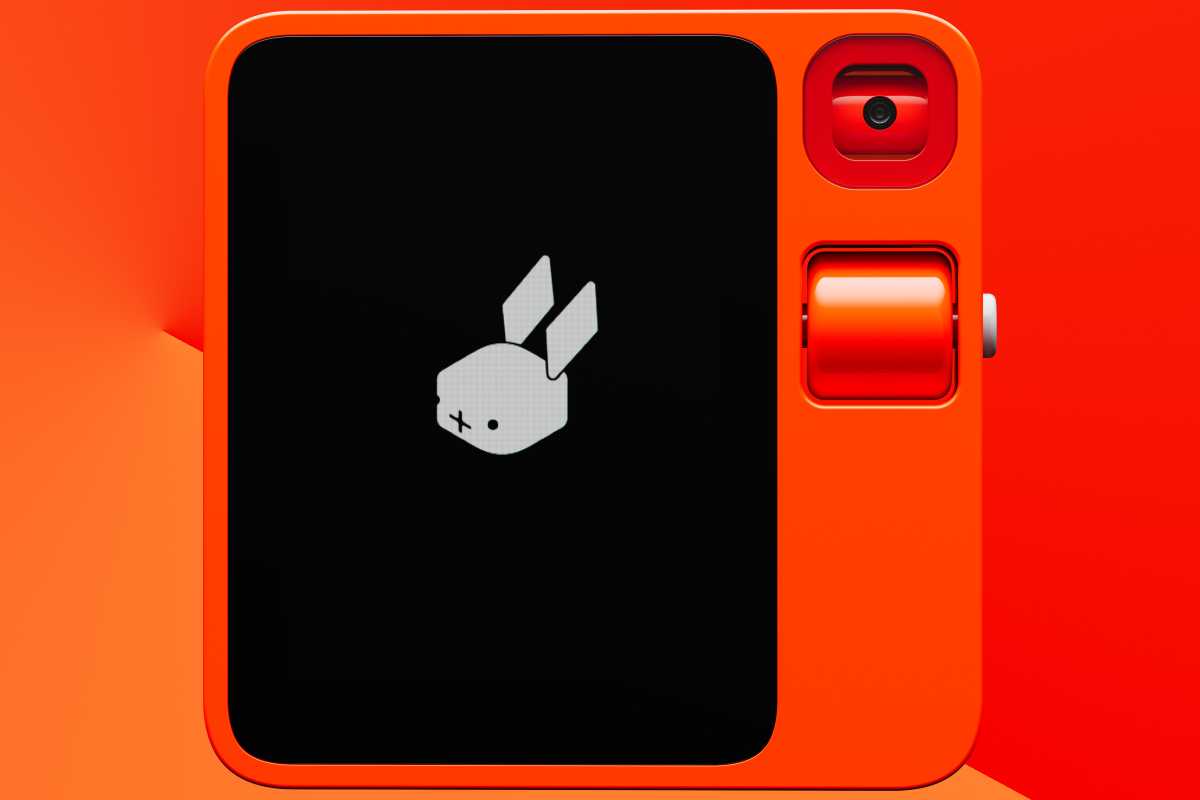We get it–the Consumer Electronics Show (CES) can be a big bore if you’re an Apple fan. Aside from some new cases, a wild accessory or two, and the occasional gadget that works with the iPhone, most of the products announced have little bearing on the Apple ecosystem and for the most part, this year was no exception. But there were a few announcements that caught our eye.
Qi2
When it was announced last year that Apple had shared its MagSafe tech with the Wireless Power Consortium, we’ve been anxiously waiting for the first Qi2 chargers to arrive. Now they’re here and bringing everything we hoped: 15W MagSafe speeds in a variety of stands and docks at cheaper prices than MagSafe.
AR/VR headsets
Apple stole a bit of the CES spotlight with its own announcement that Vision Pro will be going on sale next week, but Apple’s new headset was already looming large over the show. Several companies had Vision Pro competitors lined up to showcase, hoping to get some buzz before Apple’s next-gen device hit shelves. If CES is any indication, Vision Pro is already making an impact on the landscape as companies work to deliver a product that can compete with Apple’s cutting-edge specs.
Sony announced a new Spatial Content Creation System that features “an XR head-mounted display equipped with high-quality 4K OLED Microdisplays and video see-through function, and a pair of controllers optimized for intuitive interaction with 3D objects and precise pointing.” The company didn’t share a ton of information about the device (including the name and price), but it sounds like a true Vision Pro competitor.
The Pimax Crystal headset didn’t debut at CES, but the $1,599 device, which features dual 4K QLED mini-LED “cutting-edge glass aspheric lenses,” received a CES 2024 innovation award for the highest pixel amount for any consumer VR headset. Pimax also demoed its upcoming 60G Airlink module, which lets the Crystal wirelessly stream VR games from a PC, making it the world’s first ultra-high-definition VR headset with wireless connectivity.
Asus’ 1080p OLED glasses are bulky and kinda goofy, but the company is clearly trying to capitalize on Vision Pro with the name, AirVision M1, which is basically a Mad Libs of Apple names.

LG’s transparent OLED TV is a sight to behold.
LG
Transparent TVs
CES is often a showcase for the next generation of TV tech, and this year it was transparency. Several companies, including LG and Samsung, showcase TVs that project images on giant sheets of glass that let you see what’s behind them. They’re quite stunning to look at, if not a little impractical, especially if your TV is pushed up against a wall with a mess of wires behind it. But it would be incredible in a future iPhone or iPad.
OLED
OLED is hardly a new thing but at CES, OLED displays were everywhere. From the aforementioned transparent TVs to dual-screen laptops to folding portable screens and ultrawide double-quad HD displays, you couldn’t turn and not see an OLED screen on the CES floor as the tech continues to get cheaper and more versatile. That probably means those rumors that Apple is bringing the screen tech to the iPad Pro and MacBooks are probably true. And it also probably means there are even more OLED products in development, like a folding iPhone and HomePod.

Rabbit
Rabbit R1
Every CES has one gadget that is the talk of the show, and this year it’s the Rabbit R1. A $199 personal “companion” device with a retro design and a futuristic feel, the R1 is one of those gadgets that combines form and function into a fun package with perfect timing. At the core, of course, is AI, with Rabbit using a Large Action Model to deliver glanceable bits of information—weather, ride-hailing, turn-by-turn directions, music, shopping, etc—without needing to unlock your phone or launch an app.
While there will surely be a fair amount of Apple fans among the first Rabbit users, it’s not the device itself that’s as intriguing to us as the implications. Assuming Rabbit works as advertised, it’s a glimpse into a world where AI jumps out of our iPhones and onto our Apple Watches or Vision Pros. Apple is expected to launch a major AI push this year at WWDC, and the sort of functionality introduced by the Rabbit R1 could start becoming much more commonplace.


